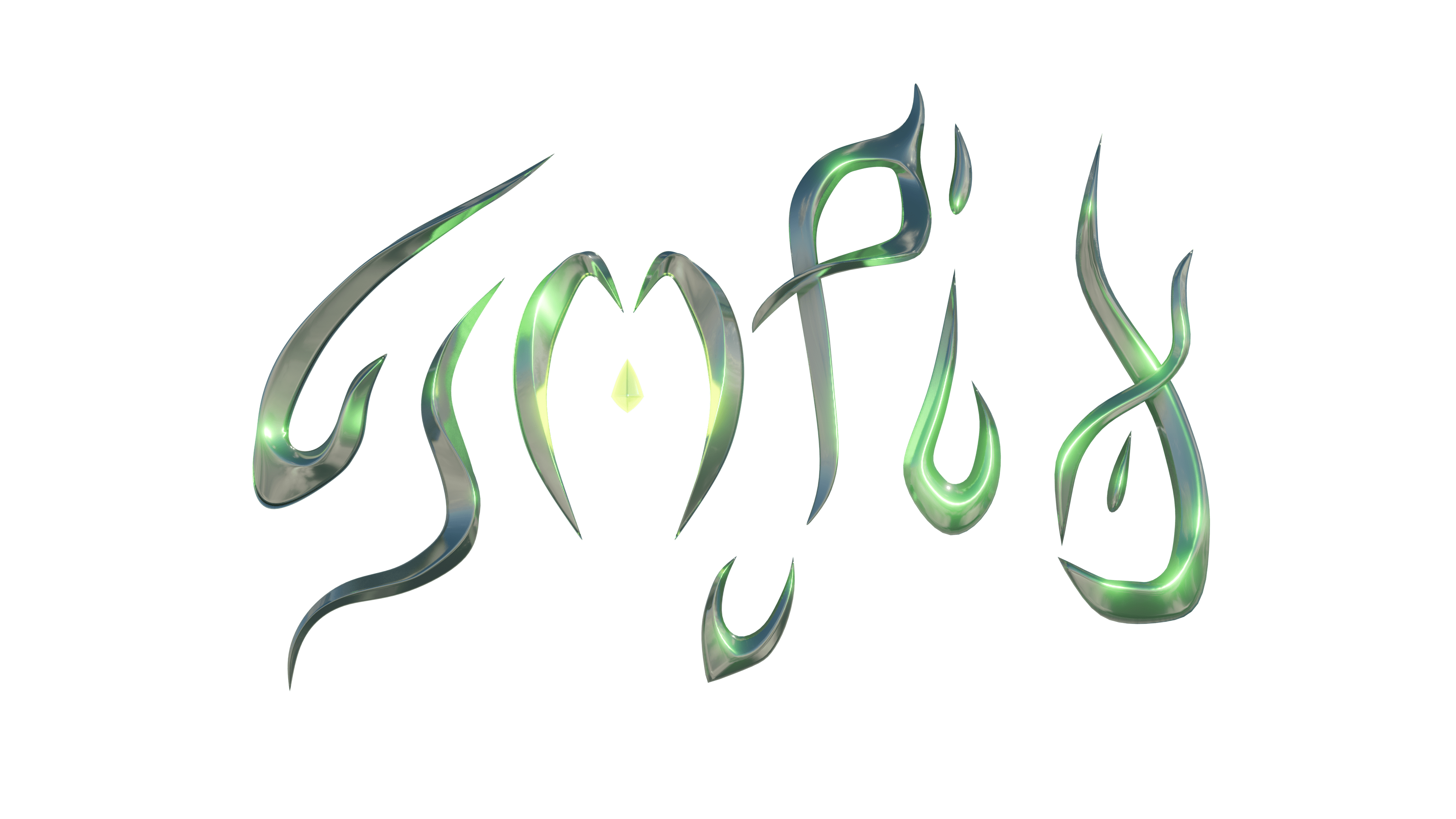
Multimedia Installation | 2019





VIDEO:
2023 I Stalk Myself more than I Should: Online Narratives to Disrupt and Investigate Interveillance and Digital Bodies Politics within Centralised Social Media Platforms., Article, AN-ICON. Studies in Environmental Images, University of Milan
2023 Shipwrecked in the Dark Forest, Article, Versorgerin (AT)
—————
There is a narcissistic aspect in surveillance which empowers internet users to monitor their behaviours daily, overcoming the fear of being observed.
Sharing structured, rationalized and complex private content with intimate details online places users in a digital (p)anopticon. This content is not easily read and is subject to multiple interpretation, hence it’s possible to find various starting points for speculative stories.
I Stalk Myself More Than I Should is an archive of expired memories that were meant to die within 24 hours. The work displays a selection of Instagram Stories preserved through the use of screen recordings. Going against the nature of this feature, the project investigates appropriation, interpretation and representation, as well as qualities and hierarchies of humans memories shared and stored online.
———
The prevailing economic system that we are currently experiencing has a sharp focus on the collection and commodification of personal data for financial gain. In this system, Big Tech firms are gaining an unprecedented level of power and control over our decision-making processes and behavioural inclinations, all through the application of sentiment analysis. Surveillance Capitalism has led people to become prosumers – a hybrid of producers, consumers, and products – by using them as free labor resources. The end result is nothing short of a total collapse of the private space, with even the most intimate of human experiences being used as raw material to extract valuable behavioural data. (Zuboff, 2019)
Specifically within the digital environments, made available to users through centralised social media platforms, we witness a clear radical shift in terms of power and control. If from one side we may believe, these platforms are just spaces for narcissistic delirium, from the other side, we are actually invited to communicate.
From a sociological standpoint, the operational structures of social media platforms manipulate the innate human need for self-determination, providing individuals with an ideal space to construct and cultivate their persona while receiving recognition from a vast audience that they may never have envisioned before. Through this process, by giving a sense of group and societal belonging, we witness a psychological shift where people not only voluntarily disclose their personal information but also become an integral part of a participatory surveillance system in which users themselves are objects of power, alongside the non-institutional agencies that operate on the Internet.
Sociologist Andre Jansson describes this as the »Culture of Interveillance«, a social phenomenon where individuals actively monitor and regulate each other’s behaviour in a mutual and reciprocal manner. Unlike traditional forms of surveillance, which are often associated with hierarchical power structures or governmental control, interveillance is characterised by a more balanced power dynamic, where each party has an equal degree of monitoring and regulating power. Examples of manipulative features within social media platforms are the »disappearing« pictures within applications such as Snapchat, or the Stories implementation within Instagram, Facebook and TikTok. These features have instilled a general misconception, in which – when data (photo, video or text) disappear –, information is actually deleted, while in fact, it is stored within the databases of these platform. As a result, the idea of disappearing content, enforced and enabled a more prominent production of data that is considerably more intimate and personal than ever before.